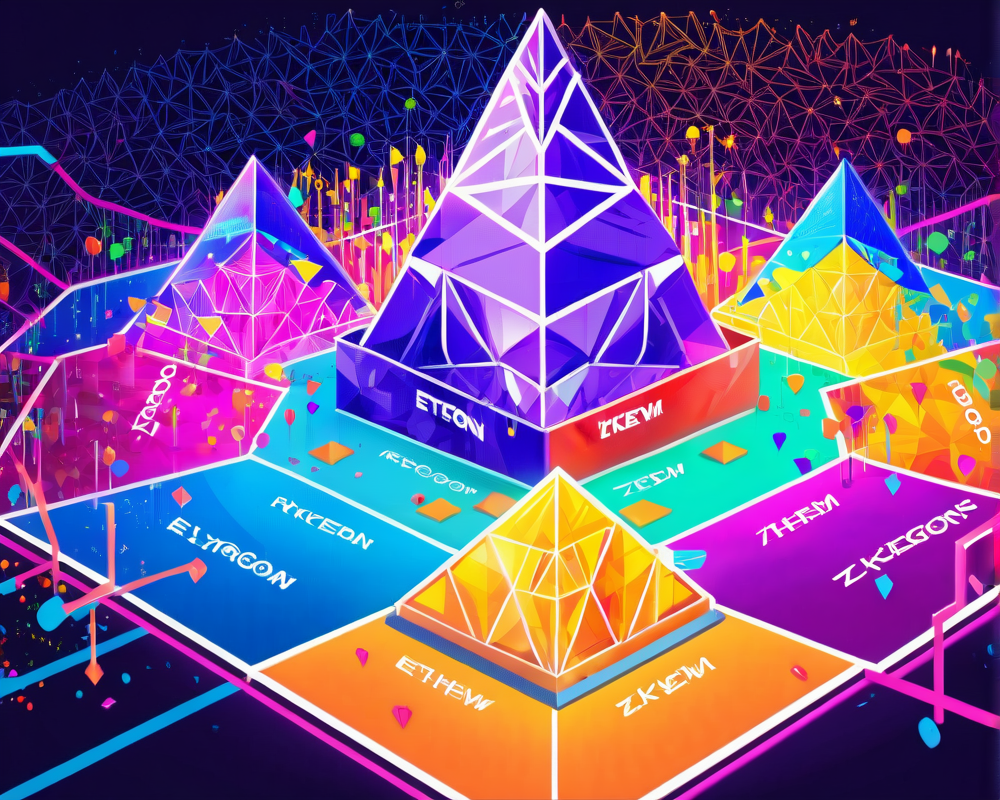Unpacking Polygon zkEVM
Polygon has recently launched its zkEVM (zero-knowledge Ethereum Virtual Machine), a layer-2 solution designed to enhance Ethereum’s scalability and cut down transaction fees. With Ethereum being the go-to for smart contracts and various decentralized applications (DApps), Polygon’s new invention raises the stakes in blockchain engineering.
How Does It Work?
At the heart of this technology lies the secret sauce: zero-knowledge cryptography, or zk proof. Think of zk proofs as a magician’s hat; they allow multiple transactions to vanish into a single transaction, significantly streamlining the process. Here’s how:
- Batching Transactions: Instead of one by one, transactions are grouped together.
- Lower Gas Fees: With fees pooled, the costs get shared among senders, making it wallet-friendly.
- Ethereum Compatibility: It works seamlessly with existing Ethereum-based smart contracts and wallets, allowing developers to dive right in.
A Glimpse at Gas Fees
The rise of on-chain transactions had investors sweating over astronomical gas fees—until now. Recently, Ethereum’s average gas fee plummeted to $1.57, a refreshing change from the earlier highs. Thanks to Polygon zkEVM, users can now experience even lower fees. It’s like finding a good parking spot during a concert—pure bliss!
Building Blocks of Innovation
Polygon isn’t just stopping at improved transaction speeds and cost-cutting. The zkEVM also opens doors for the creation of non-fungible tokens (NFTs) and other blockchain applications with remarkable ease. The estimated cost reduction compared to layer-1 solutions? A staggering 90%! That’s a budget vacation on the blockchain.
What’s Next for Ethereum?
While Polygon is busy pushing barriers, the Ethereum community isn’t resting on its laurels either. Developers are eyeing a transition from proof-of-work to proof-of-stake consensus, potentially this September. Ethereum developer Tim Beiko has piped in his thoughts, labeling September 19 as a target date. While it’s still tentative, it’s an exhilarating time to be watching the Ethereum ecosystem evolve.
Remember folks, this timeline is more of a suggestion than a hard-hitting deadline!




